Best and Cheap WordPress 5.2 Cloud Hosting
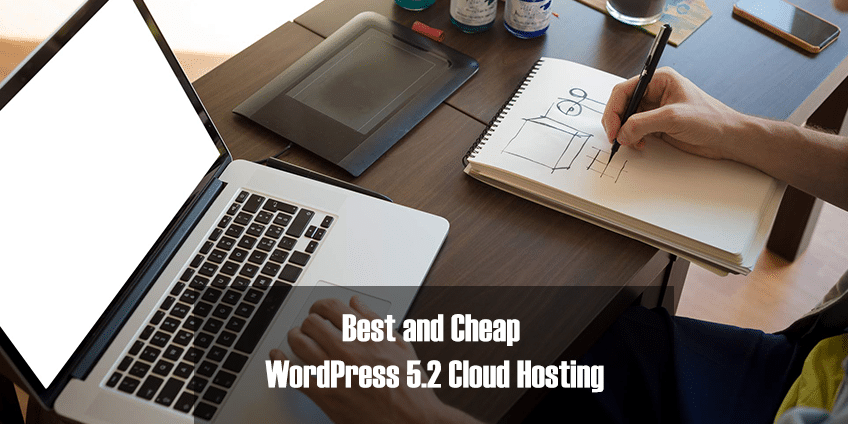
Best and Cheap WordPress 5.2 Cloud Hosting
What’s WordPress?
WordPress is an online, open source website creation tool written in PHP. But in non-geek speak, it’s probably the easiest and most powerful blogging and website content management system (or CMS) in existence today.
WordPress is a free software, this means you are free to download, install, use and modify it. You can use it to create any kind of website. It is also open source which means the source code of the software is available for any one to study, modify and play with.
Due to the nature of open source, WordPress is a community software. It is maintained by a large group of volunteers majority of whom are WordPress consultants with active interest in growing and maintaining WordPress. Anyone can contribute to WordPress by writing patches, answering support questions, writing plugins, creating themes, translating WordPress and updating documentation.
By using WordPress you become part of that awesome community. You get free support from other community members, download free plugins and themes, and once you have little experience with WordPress you can even contribute back to the community.
What’s New in WordPress 5.2?
WordPress 5.2 “Jaco” was officially released on May 7, 2019, maybe now you need WordPress hosting recommendation that supports WordPress 5.2. In this article, we will give you our best and cheap WordPress 5.2 hosting.
This version comes packed with a lot of exciting changes, the biggest one being the new Site Health check tool which will help both educate users and give developers the essential information they need. Other improvements include PHP error protection (fewer white screens of death), block editor improvements, new dashicons and emojis, and various developer and accessibility updates.
As the WordPress team describes it:
WordPress 5.2 gives you even more robust tools for identifying and fixing configuration issues and fatal errors. Whether you are a developer helping clients or you manage your site solo, these tools can help get you the right information when you need it.
This is the second major release since the launch of the WordPress block editor (AKA Gutenberg) in WordPress 5.0. Below we’ll dive into all the new improvements and the most important changes you will find with this latest WordPress release.
Site Health Check
We saw the first site health check features back in WordPress 5.1 when they added PHP version compatibility checks for plugins and themes. In WordPress 5.2, they’ve added a completely new tool which comes with two new pages to help debug common issues due to server and software configurations, PHP versions, etc.
Site Health Status
Under “Tools” → “Site Health” there is a new page called “Status.” The site health check shows critical information about your WordPress configuration and items that require your attention.
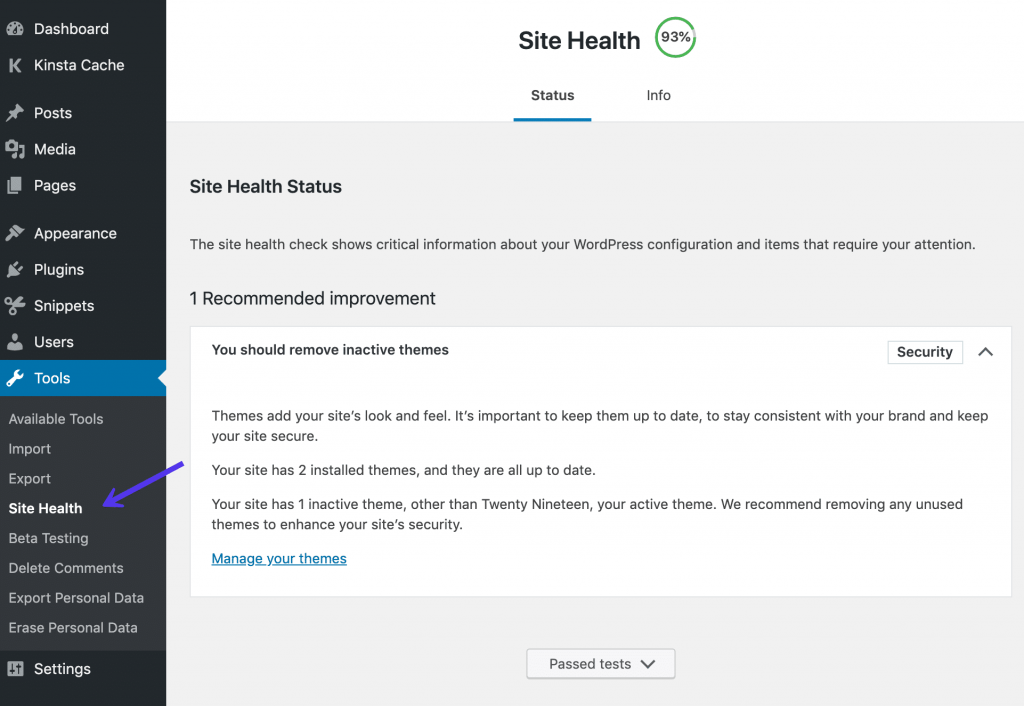
One thing you’ll probably notice right away is that they’ve added a percentage score grade at the top of the page based on how many tests your site passes. Some aren’t happy about this and there is a discussion among developers of whether or not a grading system should exist. The main reason is that scores sometimes create additional problems as users are obsessed with scoring 100%.
However, we are glad to see this, as it will help raise awareness among users. For example, a check for inactive plugins and themes is important. Why?
Many don’t realize that simply because something isn’t active on your WordPress site doesn’t mean someone can’t execute the code if they browse directly to it. Therefore, in order to keep your WordPress site secure, it’s recommended to completely remove inactive themes and plugins if they aren’t being used.
The tests in the new Site Health tool includes checks for the following performance and security-related items:
Performance Checks ?
- Latest WordPress version
- Up to date version of PHP
- Up to date SQL server
- Required and recommended PHP modules are installed
- UTF8MB4 is supported
- Scheduled events
- Working HTTP requests
- REST API available
- Can perform loopback requests
Security Checks ?
- Only running active themes
- Up to date plugins
- HTTPs connection
- Secure communication
- Debug mode off
- Can communicate with WordPress.org
- Background updates are working
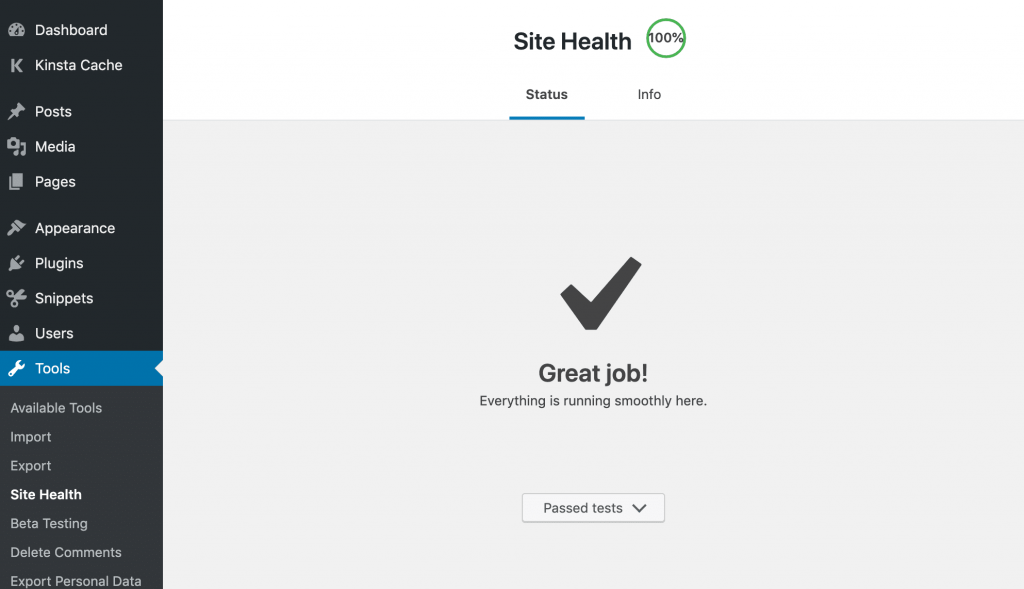
The tests are also filterable via site_status_tests, meaning plugin or theme developers can add their own tests, or remove existing ones.
Site Health Info
Under “Tools” → “Site Health” there is another new page called “Info.” This is a place to find helpful debugging information about your WordPress site’s configuration which you can share with developers, hosting providers, etc. There is a handy “Copy site info to clipboard” button which allows you to easily grab the information and paste it into a text file to share with a third-party.
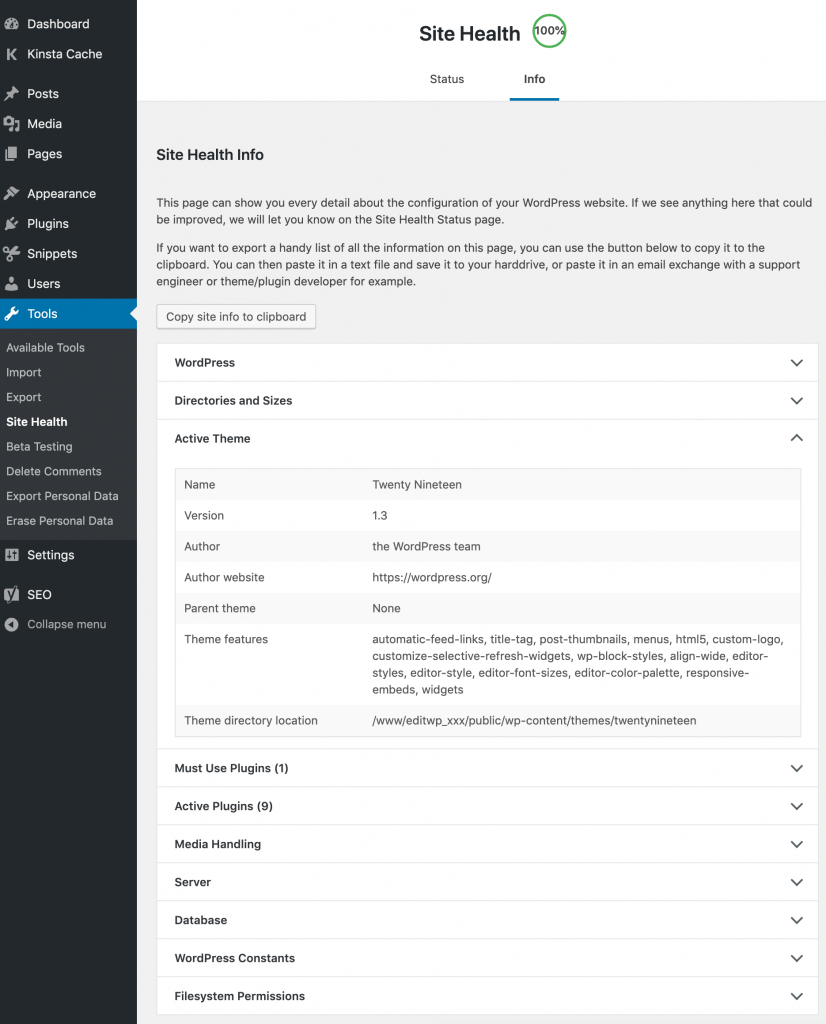
The Site Health Info page contains hundreds of different data points about your WordPress site. Without a doubt, this new page will help developers get the information they need from users faster.
Here’s just a small snapshot of some of the awesome and very helpful details you can quickly see.
- WordPress: WordPress version, site language, user language, Home URL and Site URL, permalink structure, multisite check, number of users.
- Directories and Sizes: WordPress directory location, size, upload location and size, theme location and size, plugin location and size, database size, total installation size.
- Active Theme: Name of theme, version, author, author website, parent theme, theme features, theme directory location.
- Must Use Plugins: Details of any must use plugins currently running, version numbers, and author names.
- Active Plugins: Active plugins running, version numbers, and author names.
- Media Handling: Active editor, ImageMagick version number, string, resource limits, GD version, Ghostscript version.
- Server: Server architecture (such as Linux, Windows, etc.), Web server (such as Nginx or Apache), PHP version, PHP SAPI, PHP max input variables, time limit, memory limit, max input time, upload max filesize, post max size, cURL version, SUHOSIN status, Imagick library status, .htaccess rules.
- Database: Extension, server version, client version, database user, host, name, prefix.
- WordPress Constants: ABSPATH, WP_HOME, WP_SITEURL, WP_CONTENT_DIR, WP_PLUGIN_DIR, WP_MAX_MEMORY_LIMIT, WP_DEBUG, WP_DEBUG_DISPLAY, WP_DEBUG_LOG, SCRIPT_DEBUG, WP_CACHE, CONCATENATE_SCRIPTS, COMPRESS_SCRIPTS, COMPRESS_CSS, WP_LOCAL_DEV.
- Filesystem Permissions: Check against the following directories to see if they are writable. Main WordPress directory, wp-content directory, uploads directory, plugins directory, themes directory, must use plugins directory.
WordPress 5.2’s new Site Health tool provides amazing debugging info for developers to better help users!
PHP Error Protection
WordPress 5.1 was originally scheduled to introduce a new feature called “fatal error protection” which would protect from the WordPress white screen of death while updating PHP. However, due to several critical flaws, this feature was delayed. It has now been included in WordPress 5.2.
With this protection, WordPress will recognize when a fatal error occurs and pause the offending theme or plugin in the WordPress admin dashboard so that you’ll still be able to log into the backend of your site and (hopefully) fix the problem. For less tech-savvy users, this is a great new feature. All we can say is, we wish this feature had been added years ago!
However, we always still recommend using a staging environment when testing out a new version of PHP.
If your site experiences issues while upgrading PHP versions, it will look like the image below on the front-end, but you will still be able to log into the backend to fix the problem.
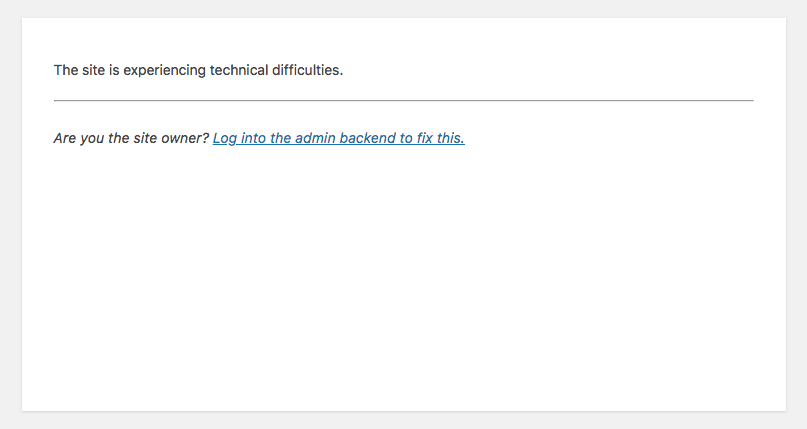
On the backend, you will see a message letting you know that your WordPress site is currently in recovery mode and that there may be an error with a theme or plugin.

Miscellaneous Developer Updates
WordPress 5.2 also comes with improvements for developers; everything from improvements to the block editor and privacy policy pages, a new WordPress hook, updates to the coding standard, and more.
Block Editor Improvements
There were dozens of improvements made to the block editor (Gutenberg) that is shipping with WordPress 5.2. A few that caught our eye:
- In 5.0,
WP_Screen::is_block_editor()was introduced to allow developers to conditionally execute code depending on whether the block editor is being loaded. However, there were some issues with this that have now been fixed in WordPress 5.2. - Media and text blocks got enhanced.
- Image and block resizers are much better than before.
- There were performance improvements made in terms of loading time.
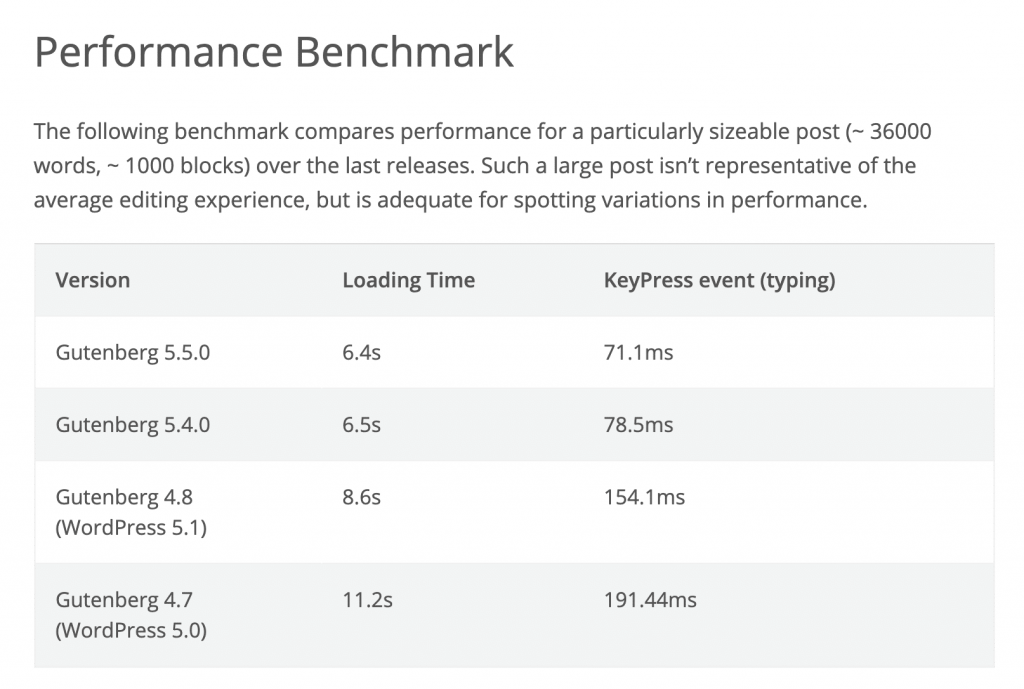
PHP Coding Standard Updates
WordPress now officially recommends running PHP 5.6 or higher with your hosting provider.
With WordPress 5.2, this means developers can take advantage of new coding standards such as namespaces, anonymous functions, short array syntax, short ternary syntax, and assignments with conditionals. If you’re a developer and have already been running on PHP 7 or higher for a while now, this might not impact you, but it’s good to see WordPress making updates.
Privacy Updates
WordPress 5.2 brings several improvements for developers working with Privacy Policy pages and data exports.
The first is four new helpers which will make customizing the privacy policy page easier:
- New function:
is_privacy_policy() - A new theme template file:
privacy-policy.php - New body class:
.privacy-policy - New menu item class:
.menu-item-privacy-policy
The second change is in regards to data exports:
User Data exports no longer use a hardcoded list, but now use the default list of allowed tags in wp_kses(). New filtering is now available as well.
Improvements for Writing JavaScript
With the addition of webpack and Babel configurations in the @wordpress/scripts package, developers won’t have to worry about setting up complex build tools to write modern JavaScript. Read more about JavaScript improvements.
New Body Tag Hook
WordPress 5.2 adds a new wp_body_open() hook, which lets themes support injecting code right at the beginning of the <body> element. The WordPress team encourages theme developers to start using this.
New Emojis and Dashicons
In terms of visual updates, WordPress 5.2 has new emojis and dashicons.
Twemoji Updated
In WordPress 5.2 the latest version of Twemoji, 12.0.1, was added. Version 12 includes 230 new emojis, including accessibility emojis and our personal favorite, the Sloth.

New Dashicons
Dashicons are used to prettify your WordPress admin dashboard. It was definitely time for an update as they haven’t changed since WordPress 4.5. WordPress 5.2 has 13 new icons, including Instagram, a suite of icons for BuddyPress, and rotated Earth icons for global inclusion. WOFF 2.0 font file format has also been added.
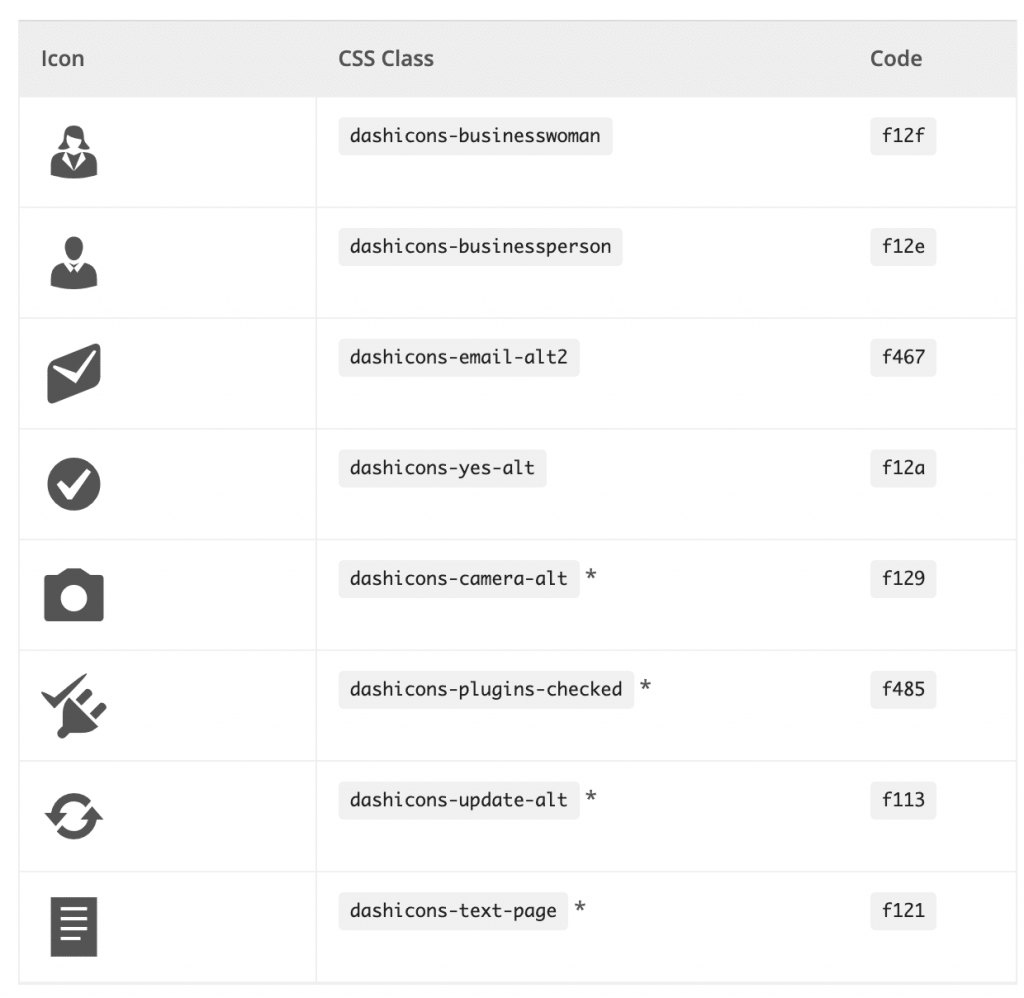
Notable Accessibility Changes
Along with WordPress 5.2 comes a number of changes working together to improve contextual awareness and keyboard navigation flow for those using screen readers and other assistive technologies.
- Post formats are now in list tables.
- New link markup on the WordPress admin bar submenu.
- The currently viewed archive in the archive dropdown widget is now pre-selected.
- A new media view was added to the media library.
- Headings were added to the data tables on the Export Personal Data and Erase Personal Data pages.
- The alt text field is now the first field displayed in the media modal.
How to Choose Best and Cheap WordPress 5.2 Cloud Hosting Provider?
How to choose a best and cheap WordPress 5.2 Cloud Hosting? Choosing a best cheap WordPress 5.2 Cloud Hosting is not a simple task especially with low price offers. You need to take a large number of factors into consideration, including the WordPress 5.2 compatibility, usability, features, speed, reliability, price, company reputation, etc. Therefore, we have established this WordPress 5.2 review site, which is designed to help you find the best and cheap WordPress 5.2 Cloud Hosting within minutes, based on our specialized editors’ WordPress 5.2 Cloud Hosting experience and real customers’ feedback.
ASPHostPortal.com
ASPHostPortal.com offers best and cheap WordPress 5.2 Cloud Hosting. ASPHostPortal.com was founded in 2008. It has been topping the list of almost all the web Cloud Hosting review sites so far. This company is missioned to deliver a cost effective plan in the consideration of all feature, price, reliability, loading speed and technical support. Their best and cheap WordPress 5.2 Cloud Hosting plan is starting at $2.50/mo. ASPHostPortal.com is now providing free domain for new clients to enjoy the company’s outstanding web Cloud Hosting service. Their servers optimized for your WordPress 5.2 installation 24/7/365 ASPHostPortal.com’s technical support from WordPress Cloud Hosting experts.
DiscountService.biz
DiscountService.biz prides itself in providing web Cloud Hosting with a rare combination of unmatched reliability, quality and affordability. DiscountService.biz’s edge is derived through unparalleled company management and a culture of employee driven initiatives. With their fully support on Microsoft Windows and WordPress in their Windows Server, DiscountService.biz is the best choice to host your WordPress 5.2 Cloud Hosting. They are so confident in their Cloud Hosting services they will not only provide you with a 30 days money back guarantee, but also they give you a 99.9% uptime guarantee. Their WordPress 5.2 Cloud Hosting plan is starting from $3.00 /mo.
UKWindowsHostASP.NET
UKWindowsHostASP.NET offers WordPress 5.2 Cloud Hosting. They offer flexible WordPress 5.2 Cloud Hosting to new as well as existing customers. Given the scale of their environment, they have recruited and developed some of the best talent in the Cloud Hosting technology that you are using. Their team is strong because of the experience and talents of the individuals who make up UKWindowsHostASP.NET.